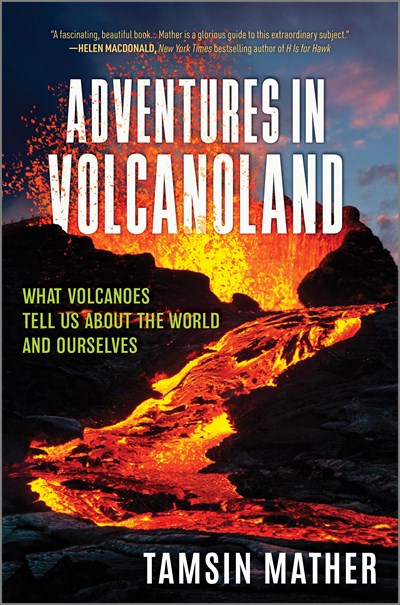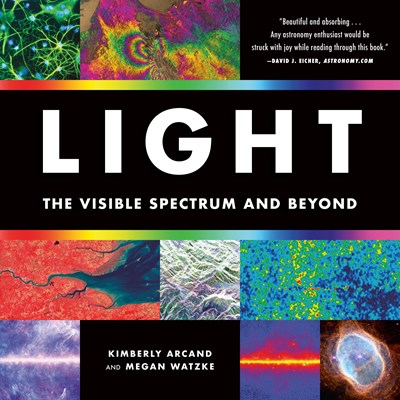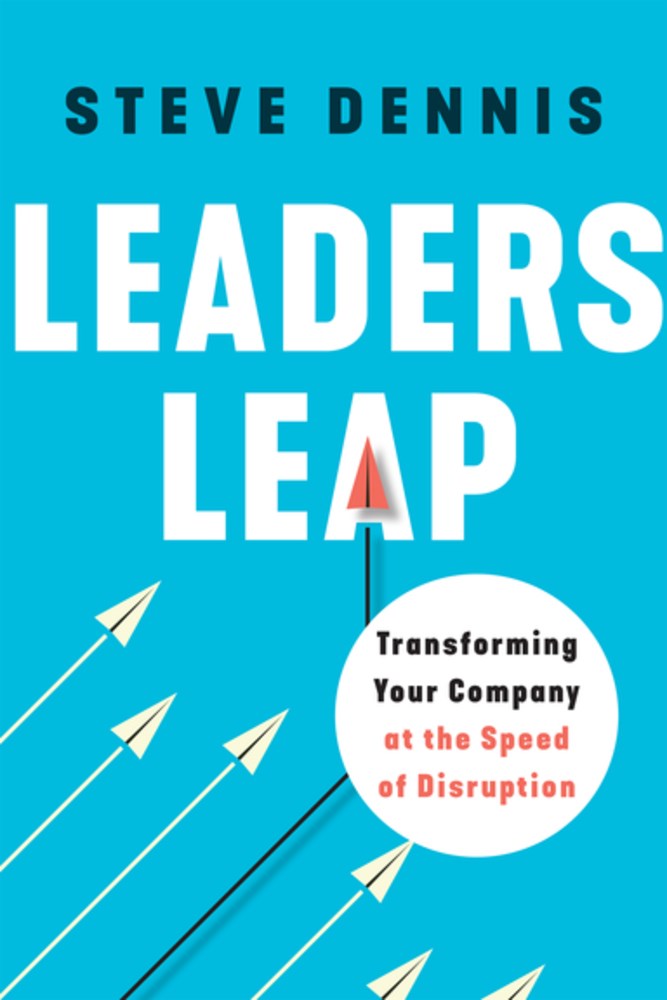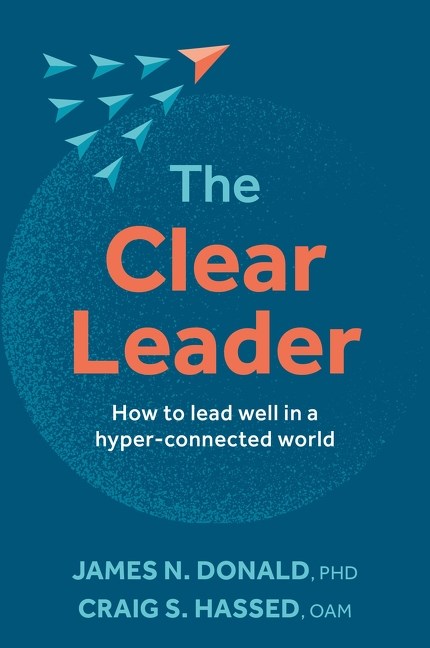Dale Farris
166 Articles
Last 30 days
Last 6 months
Last 12 months
Last 24 months
Specific Dates
From:
To:
The Unvanquished: The Untold Story of Lincoln’s Special Forces, the Manhunt for Mosby’s Rangers, and the Shadow War That Forged America’s Special Operations
 A ground-breaking addition to Civil War history and a timely update to The Secret War for the Union by Edwin C. Fishel and Mosby’s Confederacy by Thomas J. Evans and James M. Moyer.
A ground-breaking addition to Civil War history and a timely update to The Secret War for the Union by Edwin C. Fishel and Mosby’s Confederacy by Thomas J. Evans and James M. Moyer.
Chamber Divers: The Untold Story of the D-Day Scientists Who Changed Special Operations Forever
 Lance’s important work reveals how chamber divers helped develop much of the technology that has enabled today’s popular underwater diving and military stealth diving. Her work significantly updates and expands R. Frank Busby’s Manned Submersibles and Robert F. Marx’s The History of Underwater Exploration. This one is destined for Hollywood and is essential for all World War II collections.
Lance’s important work reveals how chamber divers helped develop much of the technology that has enabled today’s popular underwater diving and military stealth diving. Her work significantly updates and expands R. Frank Busby’s Manned Submersibles and Robert F. Marx’s The History of Underwater Exploration. This one is destined for Hollywood and is essential for all World War II collections.
The Wide Wide Sea: Imperial Ambition, First Contact and the Fateful Final Voyage of Captain James Cook
 This well-researched work is a must-listen for those seeking a comprehensive understanding of the complexities of Cook’s life and legacy. The book supplements J.C. Beaglehole’s 1992 classic The Life of Captain James Cook and is highly recommended for any collection centering on the Age of Sail.
This well-researched work is a must-listen for those seeking a comprehensive understanding of the complexities of Cook’s life and legacy. The book supplements J.C. Beaglehole’s 1992 classic The Life of Captain James Cook and is highly recommended for any collection centering on the Age of Sail.
Adventures in Volcanoland: What Volcanoes Tell Us About the World and Ourselves
 Readers will easily imagine they are along for the ride in this crucial contribution to the geology of volcanoes. Inspired by Lewis Carroll’s Alice’s Adventures in Wonderland, this marvelous, earnest work is impressive and might motivate some readers to study volcanoes as a profession.
Readers will easily imagine they are along for the ride in this crucial contribution to the geology of volcanoes. Inspired by Lewis Carroll’s Alice’s Adventures in Wonderland, this marvelous, earnest work is impressive and might motivate some readers to study volcanoes as a profession.
Light: The Visible Spectrum and Beyond
 An essential purchase. This spectacular examination of light will impress curious readers eager to understand how light impacts their lives, from lighting the day to enabling X-rays in medical clinics to making cell phone calls. The title includes relatable language and excellent illustrated analogies, and it will appeal to fans of To Infinity and Beyond: A Journey of Cosmic Discovery by Neil deGrasse Tyson and Lindsey Nyx Walker.
An essential purchase. This spectacular examination of light will impress curious readers eager to understand how light impacts their lives, from lighting the day to enabling X-rays in medical clinics to making cell phone calls. The title includes relatable language and excellent illustrated analogies, and it will appeal to fans of To Infinity and Beyond: A Journey of Cosmic Discovery by Neil deGrasse Tyson and Lindsey Nyx Walker.
Superfoods, Silkworms, and Spandex: Science and Pseudoscience in Everyday Life
 This highly informative, authoritative title makes solid science accessible and entertaining, and it keeps alive the author’s tradition of clearly differentiating pseudoscience and quackery from empirical science. Schwarcz’s fans will love this latest book, and he’ll likely gain a new following as well. Nicely supplements The Demon-Haunted World by Carl Sagan and Ann Druyan and Why People Believe Weird Things by Michael Shermer.
This highly informative, authoritative title makes solid science accessible and entertaining, and it keeps alive the author’s tradition of clearly differentiating pseudoscience and quackery from empirical science. Schwarcz’s fans will love this latest book, and he’ll likely gain a new following as well. Nicely supplements The Demon-Haunted World by Carl Sagan and Ann Druyan and Why People Believe Weird Things by Michael Shermer.
Common Sense Economics: What Everyone Should Know About Wealth and Prosperity
 This reader-friendly work concisely explains vital economic principles. The section on personal finance should be required reading for everyone. The superb electronic supplemental material package can be used to structure any introduction to economics course, and this work nicely supplements the fifth edition of Thomas Sowell’s Basic Economics. Highly recommended for public libraries and all high school and university economics instructors.
This reader-friendly work concisely explains vital economic principles. The section on personal finance should be required reading for everyone. The superb electronic supplemental material package can be used to structure any introduction to economics course, and this work nicely supplements the fifth edition of Thomas Sowell’s Basic Economics. Highly recommended for public libraries and all high school and university economics instructors.
Leaders Leap: Transforming Your Company at the Speed of Disruption
 An offering of nonpareil implications for any business or organization. This title expands Chip and Dan Heath’s Switch. It also serves as a contemporary update to Clayton Christensen’s classic The Innovator’s Dilemma. Highly recommended for all university libraries supporting business curricula.
An offering of nonpareil implications for any business or organization. This title expands Chip and Dan Heath’s Switch. It also serves as a contemporary update to Clayton Christensen’s classic The Innovator’s Dilemma. Highly recommended for all university libraries supporting business curricula.
PREMIUM
The Clear Leader: How To Lead Well in a Hyper-Connected World
Practical and evidence-based, this lofty effort will support any leader through today’s data dump. More valuable as a handy self-assessment or as a gap filler in leadership collections.
ALREADY A SUBSCRIBER? LOG IN
We are currently offering this content for free. Sign up now to activate your personal profile, where you can save articles for future viewing










